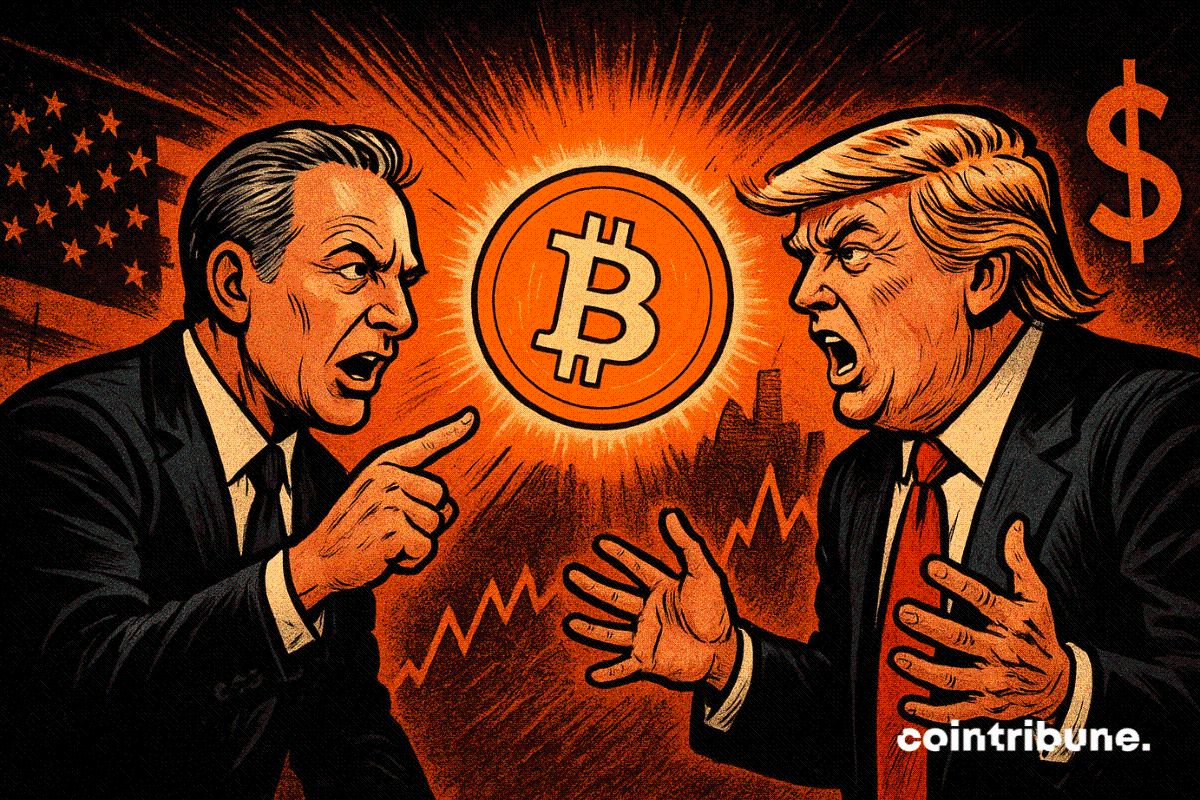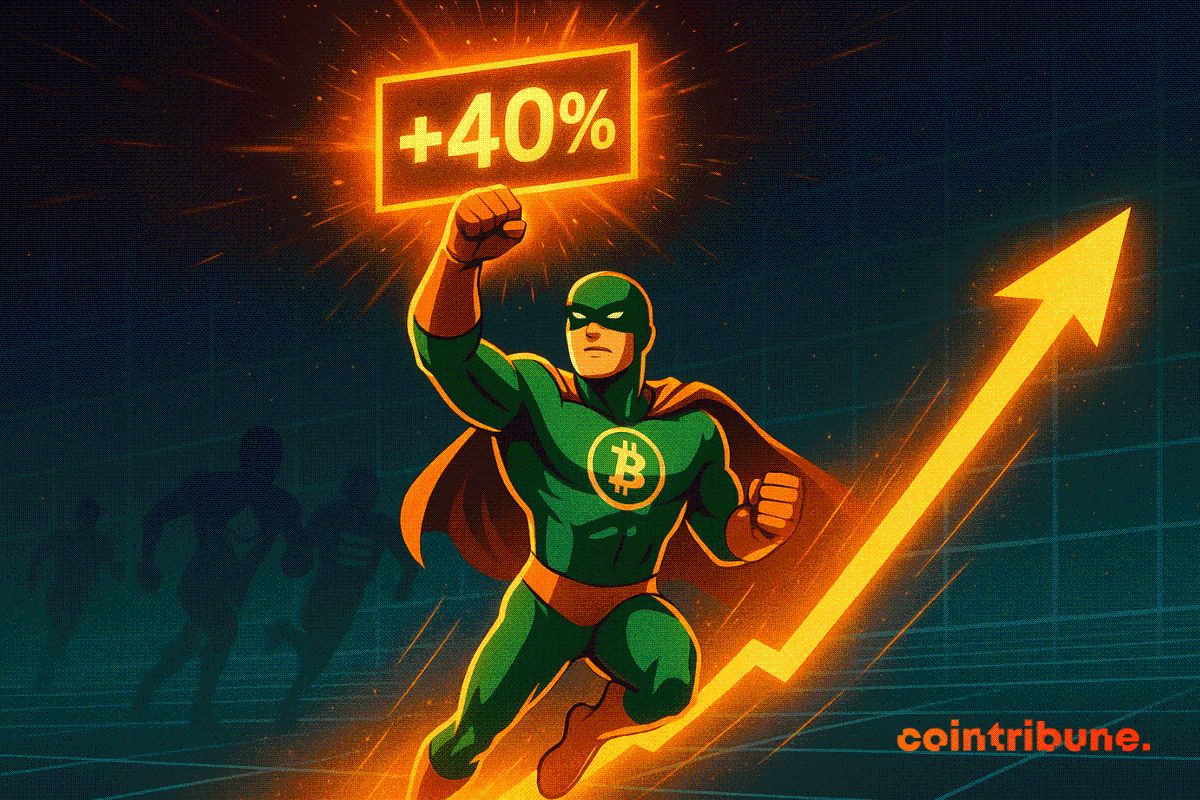Intel modifies CHIPS Act agreement to receive $5.7 billion in cash in advance, increasing flexibility
Intel (INTC.US) announced on Friday, Eastern Time, that it has amended its funding agreement with the U.S. Department of Commerce under the CHIPS Act, removing previously established project milestone requirements and receiving approximately $5.7 billion in cash in advance. This move will provide Intel with greater flexibility in the use of funds.
This revised agreement is based on adjustments to the initial financing agreement from November 2024, while retaining certain restrictive clauses: prohibiting Intel from using these funds for dividend distributions and stock buybacks, prohibiting specific changes in controlling interest transactions, and prohibiting business expansion in certain countries.
As part of the agreement, Intel has issued 274.6 million shares of stock to the U.S. government and has committed that, under certain conditions, the government may additionally subscribe for up to 240.5 million shares (i.e., the government receives warrants).
Intel stated that it has deposited 158.7 million shares into an escrow account, which will be officially released once the government allocates more CHIPS Act funds for the "Secure Enclave program" aimed at expanding advanced chip manufacturing capacity.
The company also revealed that it has already invested at least $7.87 billion in projects that meet CHIPS Act funding requirements.
This time, the U.S. government has acquired a 9.9% stake in Intel. Coupled with U.S. President Donald Trump's statement about plans to promote more similar deals, this has sparked doubts about the future development prospects of American enterprises.
Intel stated that the U.S. government's $8.9 billion investment, combined with the $2.2 billion subsidy previously received by Intel, brings the total amount of government funding support to $11.1 billion.
Intel CFO David Zinsner said at an investor conference on Thursday that the U.S. government's recently announced equity plan is essentially an incentive for Intel—aimed at encouraging Intel to continue controlling its contract manufacturing business (i.e., foundry business).
Disclaimer: The content of this article solely reflects the author's opinion and does not represent the platform in any capacity. This article is not intended to serve as a reference for making investment decisions.
You may also like
Witness the Dynamic Shifts in Bitcoin and Altcoin ETFs
In Brief Bitcoin and altcoin ETFs witness dynamic shifts in inflows and outflows. XRP and Solana ETFs attract notable investor attention and activity. Institutions explore diversified crypto ETFs for strategic risk management.

Peter Schiff Clashes With President Trump as Economic and Crypto Debates Intensify

Bitcoin Cash Jumps 40% and Establishes Itself as the Best-Performing L1 Blockchain of the Year

Bitcoin Price Plummets: Key Reasons Behind the Sudden Drop Below $88,000
